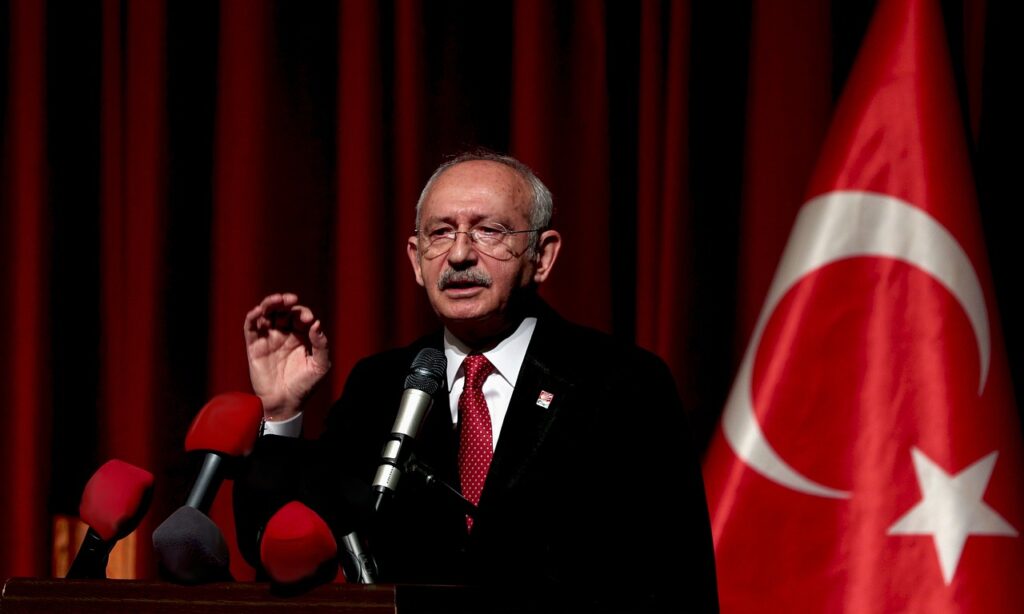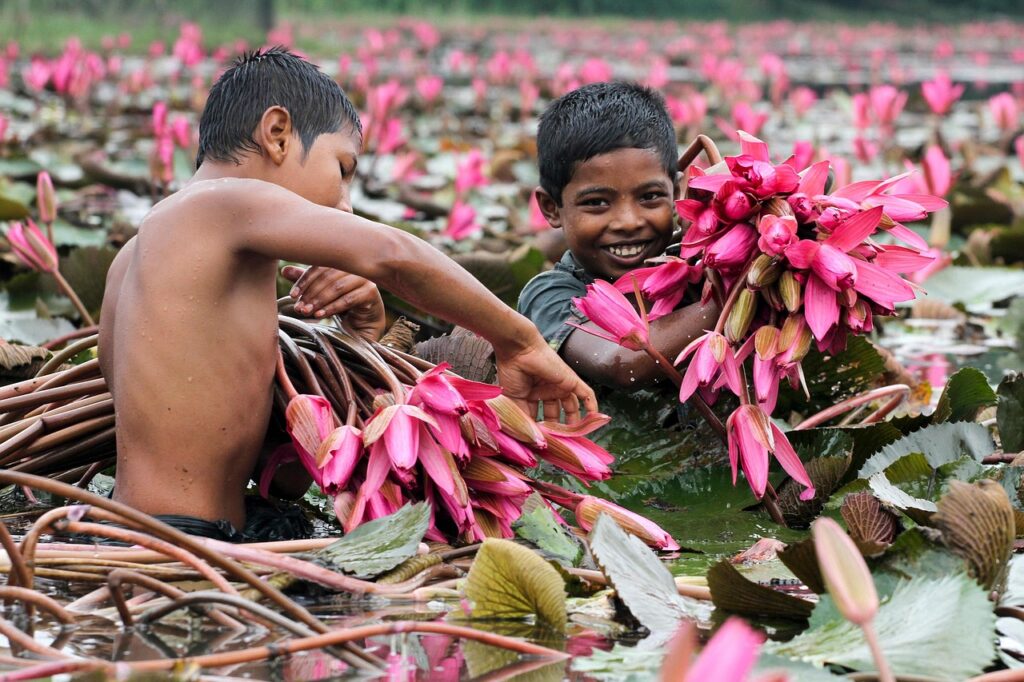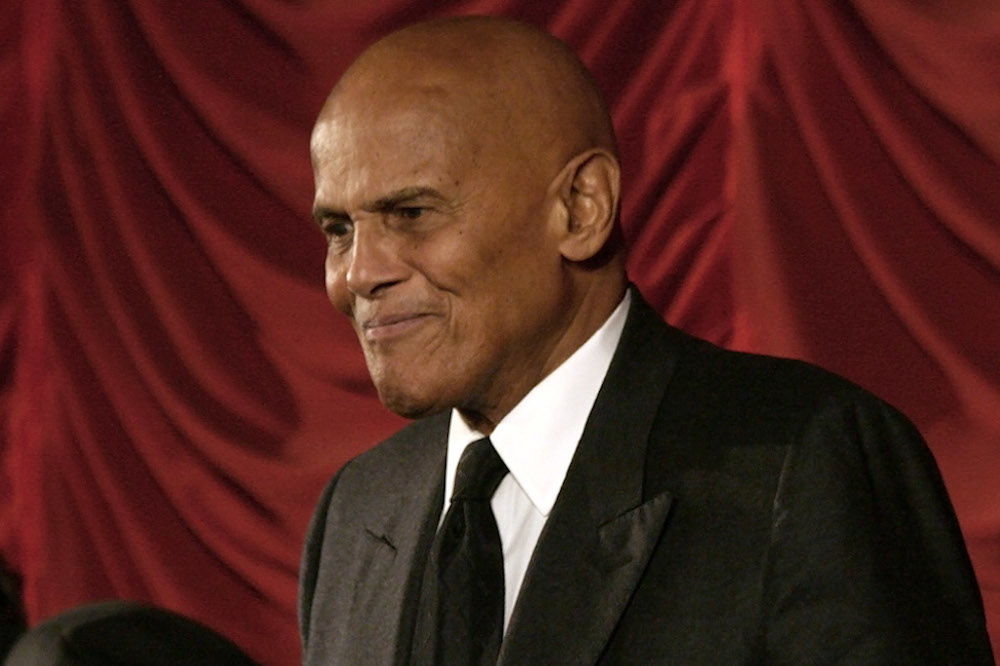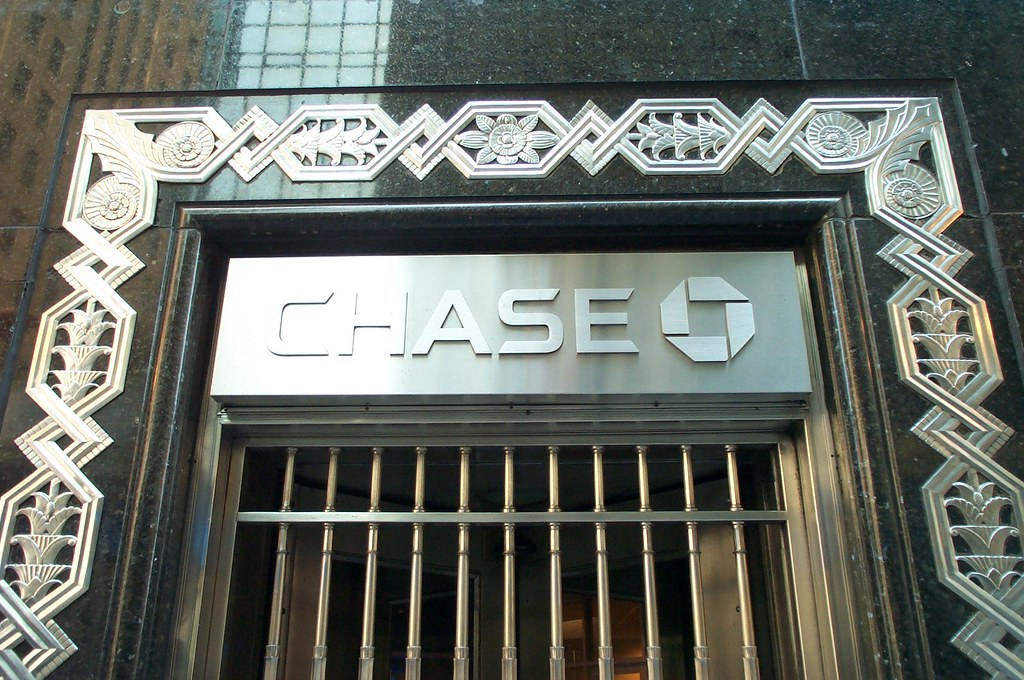Okay, buckle up, history buffs and casual scroll-stoppers! We’re about to take a wild ride back to the 1970s, a decade often romanticized for its disco beats and groovy fashion, but one that was actually a colossal “pivot of change” for the entire world. Historians are still calling it out for its massive economic upheavals and a whole lot of global drama.
Picture this: a time when social progressive values, especially for women, were finally blossoming in the Western world. Yet, simultaneously, the globe was grappling with frequent coups, brutal civil wars, and armed conflicts. It was a dizzying mix of progress and terrifying instability, with intense conflict zones spanning Southeast Asia, the Middle East, Latin America, and Africa.
Now, imagine if the internet, with its instant news cycles, social media outrage, and relentless scrutiny, existed back then. Every event, every decision, every gaffe, and every societal norm would be dissected and, let’s be honest, probably ‘cancelled’ within hours. So, let’s dive into some unbelievable moments and realities of the ’70s that would undoubtedly spark today’s wildest social media firestorms and ethical debates. Ready?
1. **When Leaders Became Dictators: The Shocking Rise of Idi Amin**First up on our ‘what even was that?’ list is the truly chilling story of Idi Amin. In 1971, a military coup in Uganda brought him to power, marking the beginning of one of the most infamous regimes of the decade. His ascent wasn’t just a local issue; it was a stark reminder of the political volatility sweeping across many regions during this era of decolonization.
Amin’s rule was characterized by unspeakable brutality. He systematically persecuted anyone who dared to oppose him, creating an atmosphere of fear. He also pursued a deeply racist agenda, notoriously expelling Asians from Uganda, many of whom had lived there for generations. This was a tearing apart of communities and livelihoods, causing immense suffering and global condemnation that seems muted compared to what it would unleash today.
By 1978, Amin’s expansionist ambitions led Uganda into war with Tanzania, backed by Libya. This conflict, born out of a desire to annex territory, would be unthinkable for a modern leader without immediate, severe international sanctions. Ultimately, this war led to Uganda’s defeat and Amin’s overthrow in 1979. Can you even *imagine* the global outcry and hashtags if such a figure were committing these atrocities today? It would trend worldwide for months.
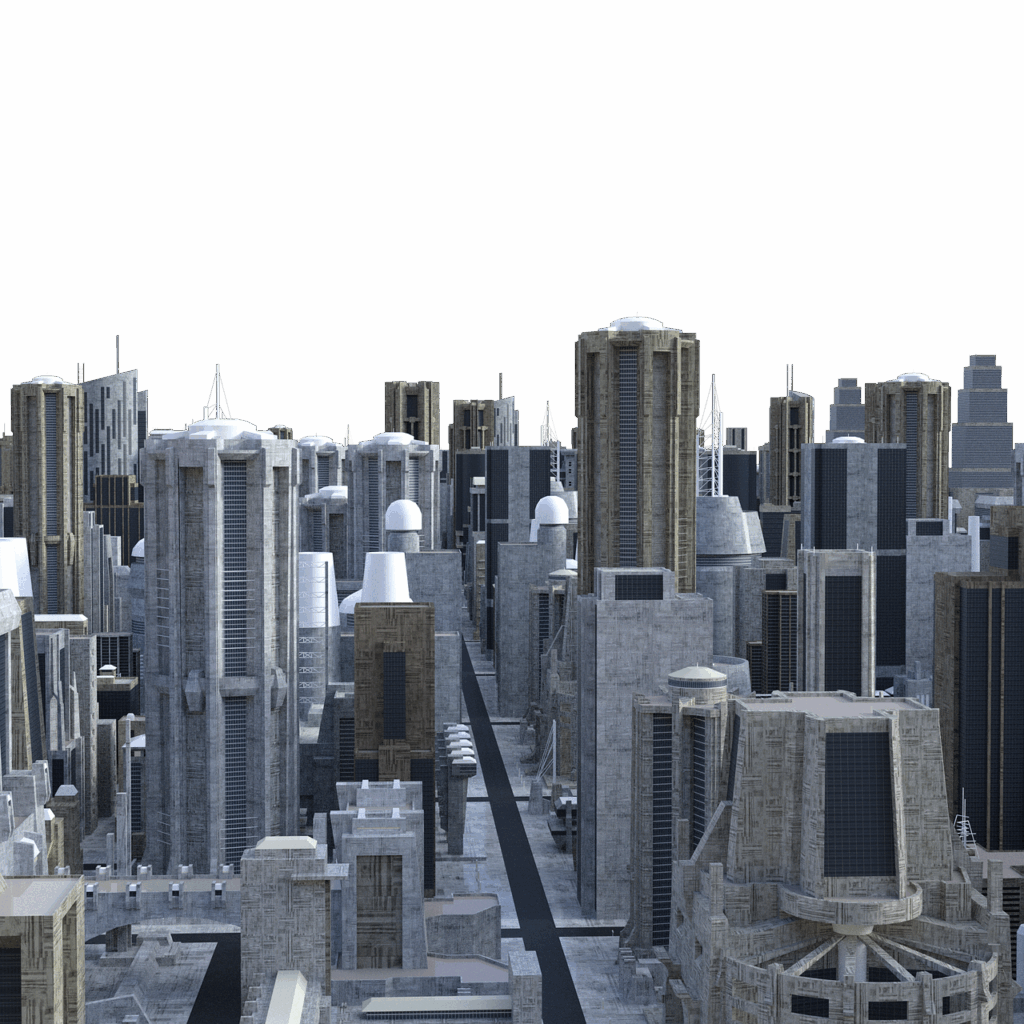
2. **The Mind-Bending Cult of Jonestown: A Tragic Jungle Utopia Gone Wrong**Prepare yourself for a story that sounds like a horror movie, but is horrifyingly real. In the Guyanese jungle, Reverend Jim Jones led several hundred followers from his California-based People’s Temple to establish a Utopian Marxist commune called Jonestown. Sounds like a peaceful retreat, right? Oh, how wrong that assumption would be.
Beneath the veneer of utopia, a dark reality festered. Jones subjected his followers to unimaginable corruption, mental, sexual, and physical abuse. He wielded absolute power, denying anyone the right to leave Jonestown, effectively holding them captive. The allegations grew so severe that a Congressional committee and journalists flew to investigate in November 1978.
As the visitors, alongside several attempting to escape, tried to depart, they were brutally attacked and shot by Jones’s guards at the airport. Congressman Leo Ryan was among those killed. Jones then commanded everyone to commit suicide. People were forced to drink cyanide-laced fruit punch, leading to over 900 deaths, including approximately one-third children. The horror and scale of this tragedy—the manipulation, the cold calculation—would break the internet and shatter global consciousness in an instant today. The $4.4 million taxpayer cost for recovery operations would spark debates for years.

3. **Khmer Rouge’s Nightmare: Erasing an Entire Society’s Memory**Moving from one devastating human tragedy to another, let’s talk about the Khmer Rouge in Cambodia. This wasn’t just a conflict; it was a radical social engineering experiment gone catastrophically wrong, led by the communist Pol Pot. In April 1975, his forces swept into Phnom Penh, the capital, following their revolution. What came next was a period of terror that defies belief.
The Khmer Rouge immediately forced people out of the cities into rural areas, with the chilling goal of establishing a radical, Marxist agrarian society. Imagine being uprooted from your home, your entire life, and sent to clear jungles and work in fields, all in the name of a twisted ideology. This was a deliberate dismantling of urban life, culture, and any semblance of modern society.
By ‘enemy,’ they meant pretty much anyone who could think critically or had connection to the outside world. Buddhist priests and monks, foreign language speakers, anyone with an education, or even people who wore glasses were systematically tortured or killed. This ideological purge resulted in up to 3 million deaths – a genocide that stains humanity’s history. When Vietnam finally invaded in early 1979, ending the nightmare, the global silence, comparatively, is truly deafening from a modern perspective. Social media would be alight with fury, disbelief, and calls for immediate intervention.
4. **The Bangladesh Genocide: A Forgotten Horror Story of the 70s**Here’s another incredibly dark chapter from the 1970s that often gets overlooked. In 1971, the Pakistan Armed Forces launched a brutal crackdown to curb independence movements in East Pakistan. What followed was a horrific campaign of violence that escalated into one of the most severe genocides of the 20th century. This was a deliberate act of terror designed to crush a population’s desire for self-determination.
Estimates suggest that between 300,000 and 3,000,000 people were killed. Millions of lives were brutally extinguished in a desperate attempt to suppress a region’s quest for freedom. The violence was widespread, leading to immense suffering and a humanitarian crisis of epic proportions. It ignited what became known as the Bangladesh Liberation War, fundamentally altering South Asia’s geopolitical landscape.
The conflict culminated in the defeat of the Pakistan Armed Forces, leading to the liberation of East Pakistan, which subsequently became Bangladesh. While a victory for self-determination, the scars of the genocide ran deep. Today, an event of this magnitude would trigger an immediate, overwhelming global response, with relentless media coverage, calls for justice, and probably a huge wave of international aid and sanctions. We would never let this be a ‘forgotten’ horror. Hashtags would be trending, demanding accountability and remembrance.

5. **Argentina’s ‘Dirty War’: The Dark Secrets of a South American Regime**Moving to Latin America, we uncover another deeply troubling period known as Argentina’s “Dirty War.” This was a shadowy, terrifying campaign of state-sponsored terror against its own citizens. It began under President Isabel Perón, who initiated a systematic hunt for left-wing political dissidents as part of Operation Condor. Imagine your government actively targeting its own people for their political beliefs – a concept that would ignite digital fury today.
The situation worsened after Perón was overthrown in a military coup in 1976. Jorge Rafael Videla seized power, establishing a brutal military junta that continued and intensified the “Dirty War.” This regime was responsible for the infamous ‘disappearances’ of thousands of suspected dissidents. People were abducted, never to be seen again, leaving families in agonizing limbo. The state wielded its power with chilling impunity, silencing opposition through fear and violence.
This era was marked by horrific human rights abuses, with citizens living in constant fear. The military junta finally relinquished power in 1983, but the legacy of the “Dirty War” and the unresolved fates of the ‘disappeared’ continue to haunt Argentina. If such a campaign of terror were to emerge today, global human rights organizations would sound the alarm, social media would demand international intervention, and perpetrators would face relentless condemnation. No ‘dirty’ secrets could be hidden in our hyper-connected world.

6. **Soweto Uprising: When Peaceful Protests Met Brutal Suppression**In June 1976, South Africa became the epicenter of a tragic event that vividly exposed the deep-seated injustices of apartheid. Peaceful student protests in the Soweto township, opposing the use of Afrikaans in schools, quickly escalated into a brutal confrontation. Can you grasp students simply wanting to learn in their own language being met with such extreme force? It’s a stark reminder of the repressive policies of the time.
Their demands were simple: the right to education in a language they understood, not one imposed by the apartheid government. However, their peaceful demonstration was met with a violent response from South Africa’s Security Police. The Soweto uprising resulted in the tragic deaths of more than 176 people, overwhelmingly young black students. This incident, while a turning point, was a stark display of state-sanctioned violence against unarmed civilians.
Imagine this unfolding today: cell phone videos circulating instantly, international media covering every moment, global leaders issuing condemnations, and a groundswell of support on every social media platform. Images of children shot for protesting their right to education would galvanize action. The Soweto uprising would be a worldwide cry for justice, demanding immediate sanctions and systemic change. The immediate global reaction would be profoundly different today.
7. **Munich Massacre: The Olympics Tragedy That Shook the World**Rounding out this first intense dive into the 70s, we arrive at an event that shattered the very spirit of international unity: the Munich Massacre. In 1972, the Summer Olympics in Munich, Germany, were supposed to be a celebration of athletic achievement. Instead, they became the stage for a horrific act of terrorism that captivated and horrified the entire planet.
On September 5th, a Palestinian terrorist group known as Black September infiltrated the Olympic Village. Their target: Israeli athletes. The terrorists kidnapped and, in a brutal act of violence, ultimately murdered eleven members of the Israeli Olympic team. The world watched in disbelief as a global spectacle of sport was hijacked by political violence, transforming a symbol of peace into a scene of unimaginable horror. Images of masked gunmen, tense negotiations, and the tragic outcome were broadcast worldwide.
This act of terrorism was a shocking demonstration of how geopolitical conflicts could spill over into neutral international events, forever changing security protocols for future Olympics. In today’s hyper-connected world, the Munich Massacre would dominate every news channel and social media feed, sparking immediate, visceral reactions from billions. Every detail would be live-tweeted, every victim mourned publicly, and global political discussions would demand accountability. The raw emotion, the outrage, the calls for justice – they would be overwhelming. It truly exposed the vulnerability of even the most sacred global events.
Alright, history buffs, we’ve only just scratched the surface! The 1970s truly were a whirlwind, and our deep dive into the decade’s wild ride isn’t over yet. We’re continuing our journey through more pivotal global shifts, economic upheavals, and societal developments that would absolutely break the internet and spark endless debates if they happened today. Get ready for another dose of ‘what if the internet existed back then?’ because these next seven moments are just as mind-blowing!

8. **The Watergate Scandal: When a Break-in Toppled a President**Okay, imagine a political thriller, but it’s not Netflix – it’s real life, and it’s unraveling in real-time. That’s essentially the Watergate scandal, a saga that gripped the United States and sent shockwaves across the globe. It all kicked off with a seemingly minor break-in at the Democratic National Committee headquarters in the Watergate Hotel in 1972.
What started as a covert operation quickly spiraled into a massive cover-up, revealing a shocking abuse of power by the Nixon administration. Journalists, with their relentless digging, exposed a web of political espionage, illegal activities, and obstruction of justice. The discovery of secret recordings from the Oval Office became the smoking gun, turning a nation’s suspicion into undeniable proof.
The sheer audacity of a president attempting to obstruct justice would trigger an unprecedented level of online fury today. Every leaked document, every witness testimony, and every presidential denial would be dissected in real-time on Twitter, Instagram, and TikTok. Hashtags like #ImpeachNixon and #WatergateTruth would trend for months, if not years, dominating every news cycle.
Ultimately, facing almost certain impeachment, President Richard Nixon resigned in August 1974, becoming the only U.S. president ever to do so. Can you even picture the meme-storms and instant analyses that would flood our feeds today? The image of him flashing that ‘V for Victory’ sign as he departed the White House would be instantly iconic, debated, and probably heavily remixed. It truly redefined the boundaries of presidential accountability.

9. **The 1973 Oil Crisis: A Global Economic Earthquake**Now, let’s talk about an economic shockwave that hit every household and shifted global power dynamics in a massive way: the 1973 Oil Crisis. Suddenly, the gas pumps were dry, prices skyrocketed, and everyone felt the pinch. This wasn’t just an inconvenience; it was a major global upheaval that exposed the world’s deep reliance on oil.
The crisis was triggered by an oil embargo imposed by the Organization of Arab Petroleum Exporting Countries (OPEC) in response to Western support for Israel during the Yom Kippur War. Industrialized nations, particularly the U.S., found themselves grappling with an energy shortage, long lines at gas stations, and spiraling inflation – a phenomenon later dubbed “stagflation.” This literally ground economies to a halt!
If this were to happen today, oh boy, the panic buying would be instantaneous and far more widespread. Social media would be alight with theories, blame games, and desperate pleas for solutions. Environmental activists would seize the moment, pushing for immediate transitions to renewable energy sources with unprecedented fervor. We’d see viral videos of gas lines, desperate commuters, and probably a few ‘toilet paper incident’ level brawls at the pumps.
The 1973 Oil Crisis also marked a significant shift in economic thought, challenging Keynesian economics and paving the way for neoliberal theories. It was a stark reminder of how interconnected global economies were, and how vulnerable they could be to geopolitical events. The lasting legacy is still felt today in our energy policies and global supply chain discussions.
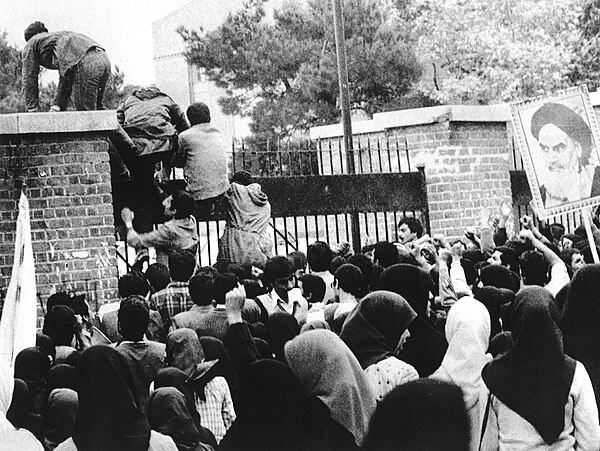
10. **The Iranian Revolution and Hostage Crisis: A Geopolitical Thunderbolt**Talk about a seismic shift! The Iranian Revolution in 1979 wasn’t just a change of government; it fundamentally reshaped a nation and sent ripples across the entire globe, with consequences still felt today. It saw the overthrow of the autocratic, pro-Western monarchy of Shah Mohammad Reza Pahlavi and the establishment of an Islamic theocracy under the leadership of Ayatollah Ruhollah Khomeini. This was not a subtle transition.
The revolution quickly led to intense distrust with Western powers, especially the United States. This distrust exploded into the infamous Iran hostage crisis on November 4, 1979, when 66 American diplomats and citizens were held captive for a staggering 444 days. It was an unprecedented act that captured the world’s attention and fueled intense international tension.
In today’s hyper-connected world, the hostage crisis would be a constant, harrowing, live-streamed event. Every single day of captivity would be a trending topic, with global hashtags demanding their release. The families of the hostages would have direct lines to billions via social media, amplifying their pleas and putting immense pressure on international leaders for immediate resolution. Imagine the daily news alerts, the constant updates, the sheer emotional weight of it all!
The Iranian Revolution wasn’t just about leadership change; it ushered in a new era of Islamic fundamentalism as a geopolitical force, fundamentally altering the Middle East’s power dynamics. It truly highlighted the clash of ideologies and the vulnerabilities of international diplomacy. The calls for accountability and the debates on foreign policy would be relentless, dominating every digital space.

11. **The Soviet Invasion of Afghanistan: The End of Détente**Just when everyone thought the Cold War was chilling out a bit with the policy of détente, BAM! The Soviet Union invaded Afghanistan on December 27, 1979. This aggressive move was a brutal awakening, abruptly ending the era of eased tensions and reigniting the fierce geopolitical rivalry between the United States and the Soviet Union.
The invasion initiated a decade-long, devastating conflict that drew in major international players. The Soviet forces faced fierce resistance from Afghan mujahideen, who received significant support from the U.S. and other nations. This wasn’t just a regional conflict; it became a massive proxy battleground, with both superpowers “jockeying relentlessly for control of smaller countries.”
If this invasion were to happen today, the sheer volume of real-time information would be overwhelming. Drone footage would be circulating, eyewitness accounts would be posted instantly, and global calls for immediate intervention and severe sanctions would dominate every news feed. The world would demand an end to the conflict, and the suffering of the Afghan people would be front-page news, relentlessly amplified by social media.
The invasion had profound long-term consequences, draining Soviet resources, contributing to its eventual collapse, and arguably fueling future conflicts in the region. It truly marked a significant turning point in the Cold War, demonstrating how easily international peace could unravel and how devastating proxy wars could become. The outrage and condemnation would be swift and severe, demanding immediate global action.
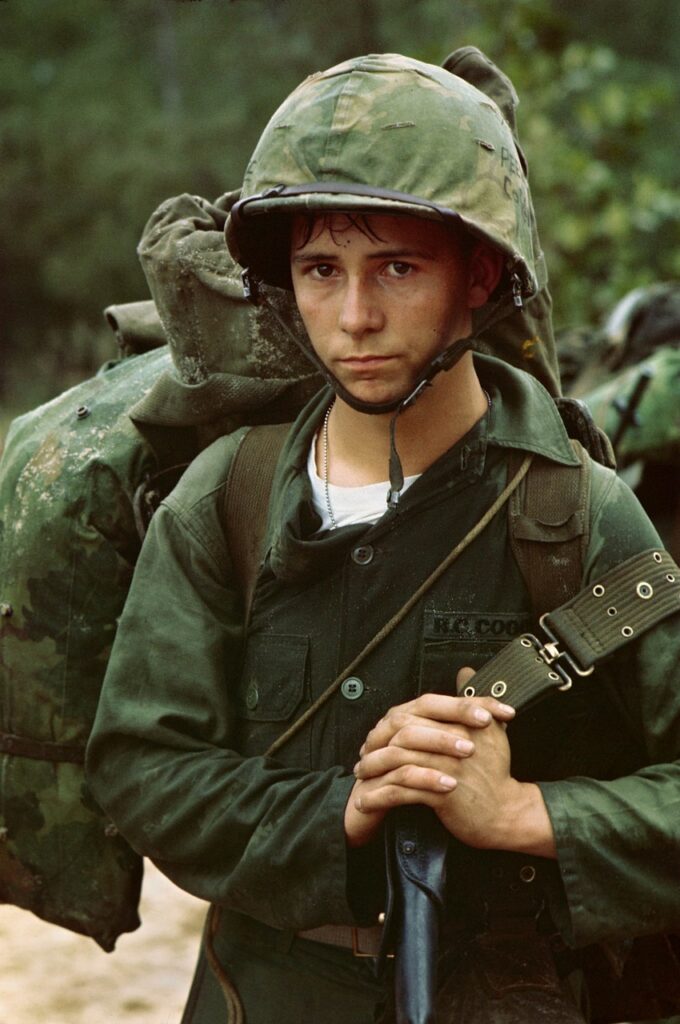
12. **The Yom Kippur War & Camp David Accords: A Flicker of Peace in the Middle East**The Middle East in the 70s was a hotbed of tension, and the Yom Kippur War in October 1973 was a brutal reminder of that. Egypt and Syria launched a surprise attack on Israel to reclaim territories lost in the 1967 conflict. It was a devastating, intense conflict that left a lasting impact on all sides, demonstrating the fragility of peace in the region.
However, amidst the ongoing conflicts and diplomatic impasses, a remarkable moment of hope emerged: the Camp David Accords in 1978. U.S. President Jimmy Carter brokered a peace treaty between Israeli Prime Minister Menachem Begin and Egyptian President Anwar Sadat. Imagine these two historic figures, after decades of animosity, finally shaking hands and signing a peace agreement.
This was a monumental diplomatic achievement, leading directly to the 1979 Egypt–Israel peace treaty and “ending outstanding disputes between the two countries.” While it came at a great personal cost for Sadat, who was later assassinated, it demonstrated that even the most entrenched conflicts could find a path to resolution. It redefined the geopolitical landscape of the region.
Today, the entire world would be glued to the negotiations, with live updates and analyses dominating every news channel. The tension, the breakthroughs, the inevitable setbacks – all would be amplified across social media. The signing of the accords would be celebrated globally, a powerful testament to the possibility of peace, sparking endless discussions about conflict resolution and international diplomacy. It would be a moment of collective breath-holding and eventual, cautious optimism.
13. **The Rise of Women in Global Leadership: Shattering Glass Ceilings**Let’s switch gears and celebrate a truly empowering societal development of the 1970s: the groundbreaking rise of women in global leadership! While the decade was riddled with conflicts, it also saw a powerful surge in “increasing political awareness and economic liberty of women” in industrialized societies. This wasn’t just talk; it was action!
We saw an increasing number of women stepping into roles previously dominated by men, becoming heads of state and government in various countries. Trailblazers like Isabel Perón becoming the first woman President in Argentina (1974), Indira Gandhi continuing as Prime Minister of India, Elisabeth Domitien as the first woman Prime Minister of Central African Republic, Lidia Gueiler Tejada as interim President of Bolivia, Maria de Lourdes Pintasilgo as the first woman Prime Minister of Portugal (1979), and of course, Margaret Thatcher becoming the first woman Prime Minister of the United Kingdom (1979). Talk about making history!
These women weren’t just figureheads; they were powerful leaders navigating complex political landscapes, often in highly challenging circumstances. Their ascent challenged deeply ingrained traditional gender roles and paved the way for future generations of women in politics and the workforce. The “socioeconomic effect of an ever-increasing number of women entering the non-agrarian economic workforce” was a game-changer.
If these moments were unfolding today, these women would be absolute icons on social media. Their every speech, every policy decision, and every outfit would be scrutinized, celebrated, and debated. They would inspire countless women and girls globally, sparking movements, online communities, and endless discussions about leadership, gender equality, and shattering those seemingly impenetrable glass ceilings. It would be a powerful, dynamic conversation across every platform.
Read more about: A Few Influential Events of the ’70s
14. **The 1970 Bhola Cyclone: A Forgotten Catastrophe?**Finally, let’s turn our attention to a truly devastating humanitarian crisis that, tragically, often gets overlooked in historical narratives: the 1970 Bhola Cyclone. This wasn’t just a bad storm; it was the “deadliest tropical cyclone in world history,” an unimaginable natural disaster that highlights the vulnerability of human populations and the urgent need for global response.
This colossal cyclone, packing winds of 120 mph (193 km/h), slammed into the densely populated Ganges Delta region of East Pakistan (now Bangladesh) in November 1970. The sheer scale of the devastation is heartbreaking, with an estimated “500,000 people” killed. Millions of lives were irrevocably altered, entire communities wiped out, and an already struggling region was plunged deeper into crisis.
The immense human cost and the challenges of aid distribution in that political climate were staggering. While the world knew about it, the response, compared to what we’d expect today, feels muted. It occurred on the cusp of the Bangladesh Liberation War, further complicating an already dire situation, leading to immense suffering and a humanitarian crisis of epic proportions.
In today’s connected world, a disaster of this magnitude would trigger an immediate, overwhelming, and continuous global response. We’d see real-time drone footage of the devastation, viral campaigns for aid, and relentless media coverage tracking every rescue and relief effort. Global leaders would face immense pressure to act swiftly, and conversations about climate change, disaster preparedness, and international aid would dominate online discourse. It would be a global cry for help, met with a coordinated, powerful worldwide effort, ensuring such a horror would never be ‘forgotten.’
Phew! What a journey through the 1970s! It’s clear that while the music was groovy and the fashion was, well, *unique*, the decade was a crucible of immense global change, often painful, sometimes inspiring, but always impactful. From political scandals that shook nations to economic crises that redefined global finance, from shocking humanitarian disasters to empowering strides in gender equality, the ’70s were a non-stop rollercoaster. Imagining these events unfolding in our hyper-connected, social media-driven world really puts into perspective how much our understanding, response, and collective outrage have evolved. It’s a good reminder that while history might not repeat itself exactly, understanding its wild twists and turns helps us navigate the ever-evolving drama of today. And trust us, if these moments hit your feed today, your notifications would be going OFF!


